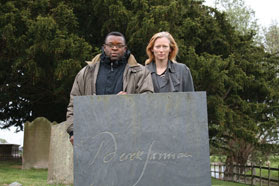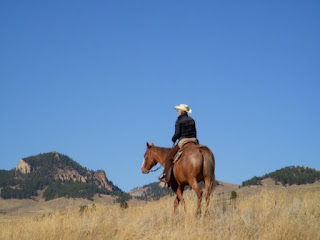Search This Blog
women in film & media
Production, distribution, reception
of films
Posts
Showing posts from June, 2008
Tilda Swinton, Isaac Julien and Derek Jarman
- Get link
- Other Apps
Barbara Hammer is the Reigning Lesbian Filmmaker Par Excellence
- Get link
- Other Apps
4th Queer Women of Color Film Festival in San Francisco
- Get link
- Other Apps



